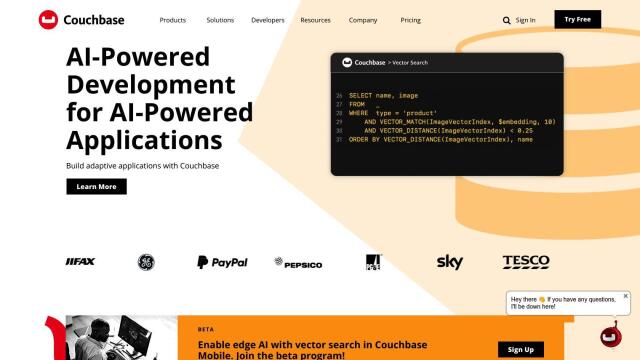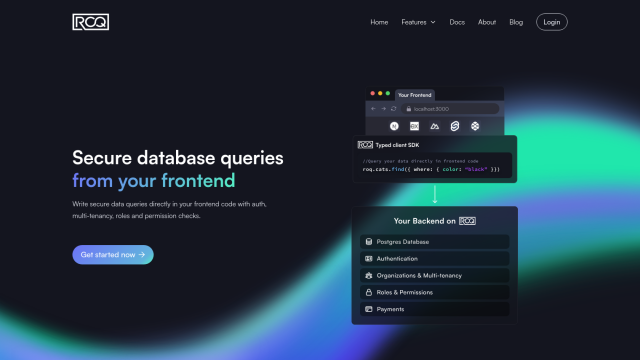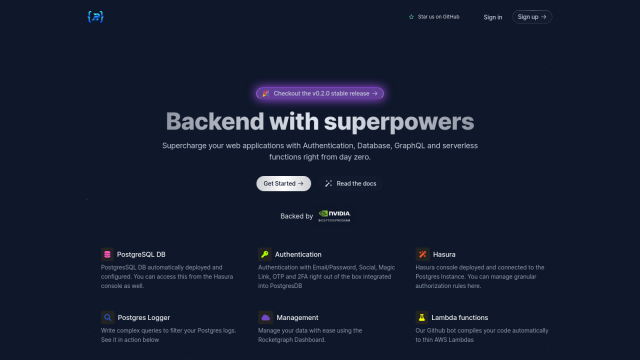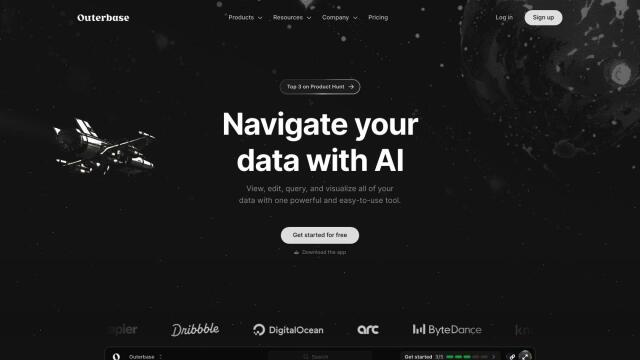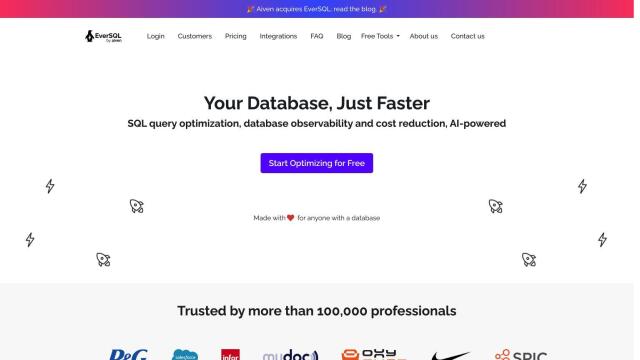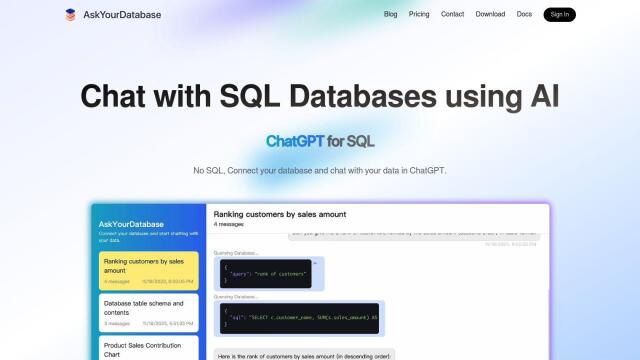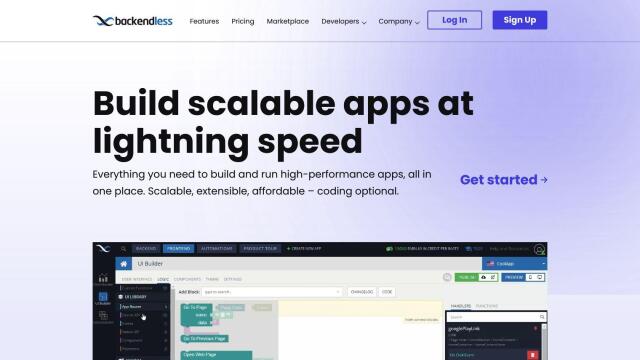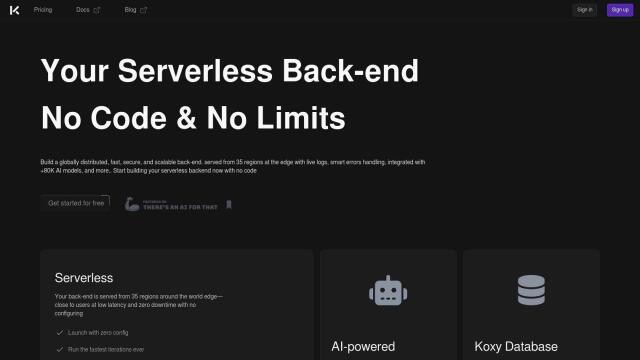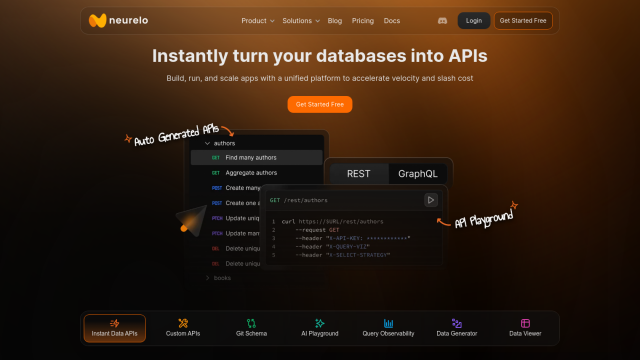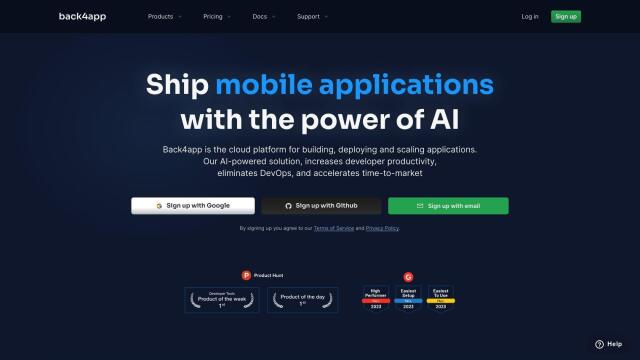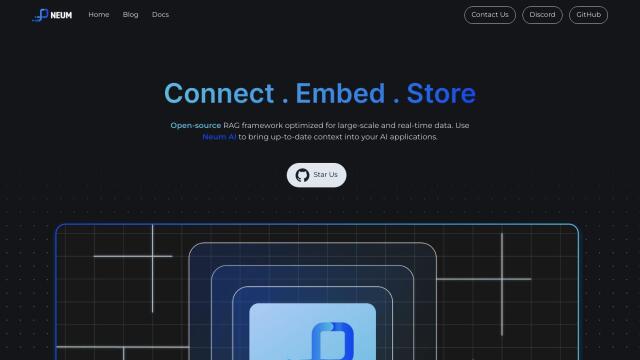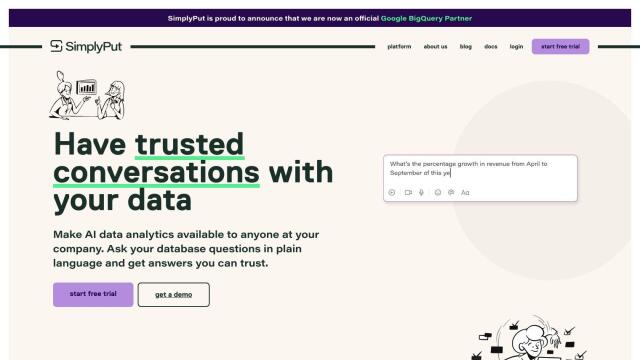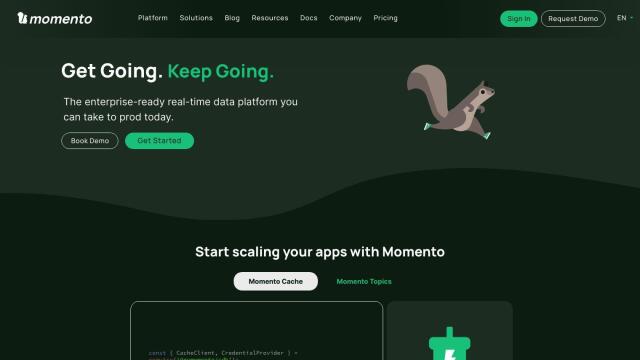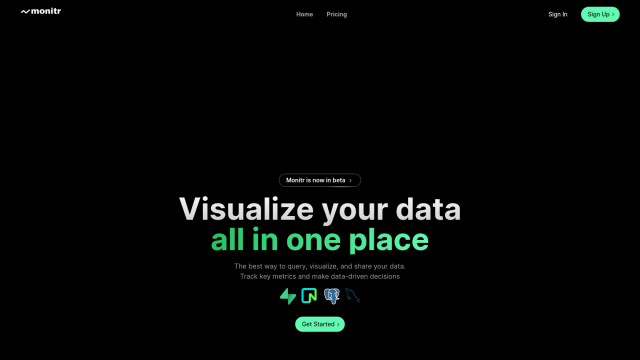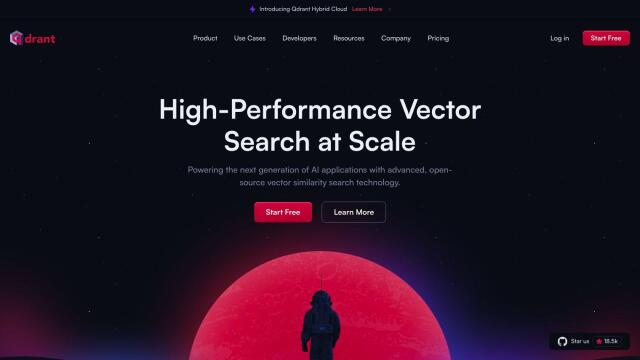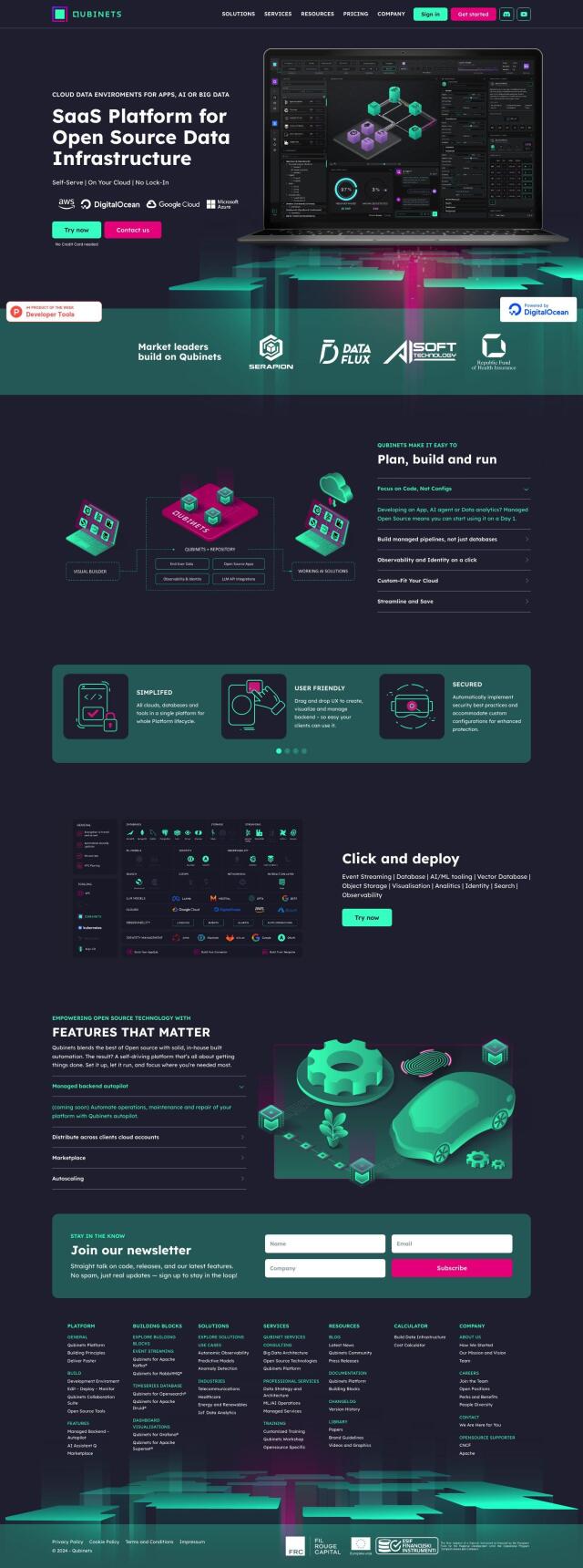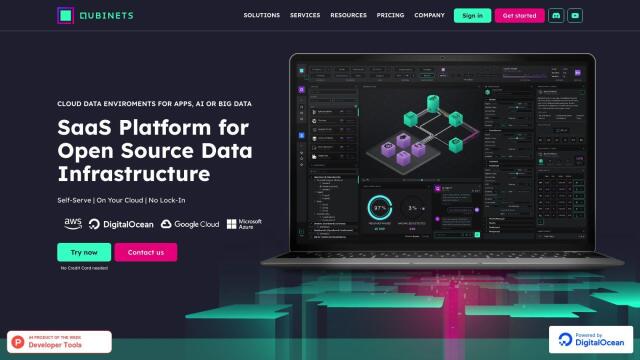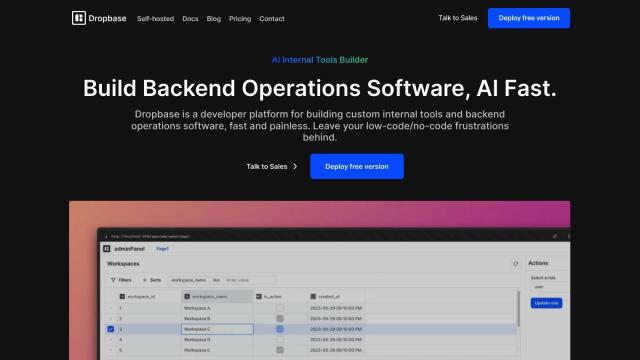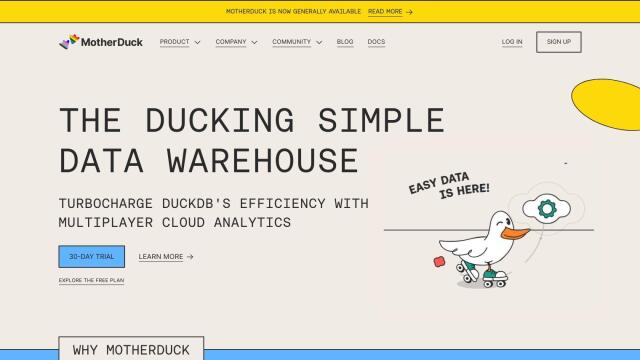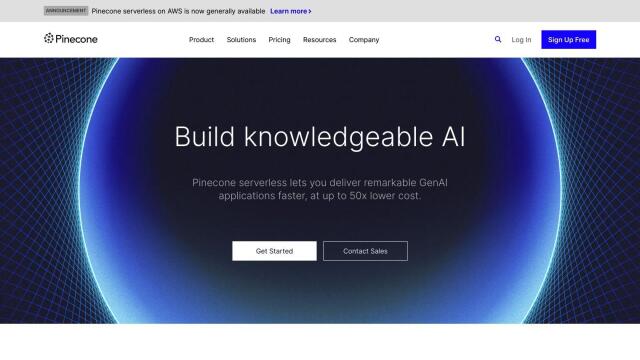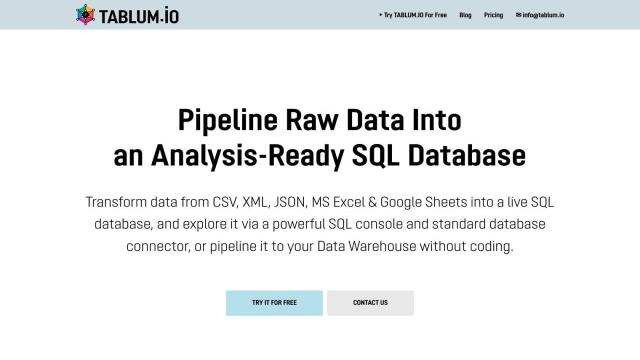Question: Is there a database service that provides point-in-time recovery and read replicas for high-availability and disaster recovery?

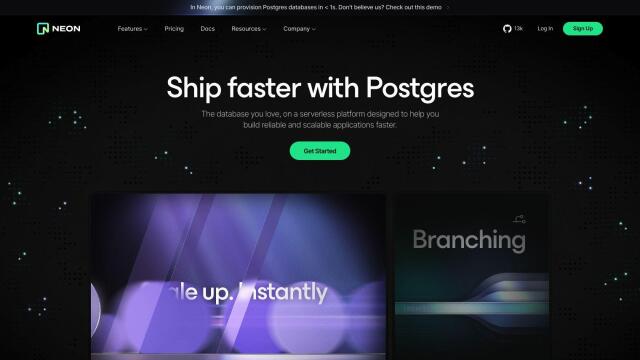
Neon
For a database service that offers point-in-time recovery and read replicas for high availability and disaster recovery, Neon is a notable contender. Neon is a serverless Postgres foundation that offers fast provisioning and autoscaling. Its main features include support for read replicas, point-in-time recovery up to 30 days, and branching for separate DB clones, which makes it a good choice for high-performance and complex applications. Neon's pricing includes a free tier, several paid tiers and custom enterprise plans, so you can scale up or down as needed.

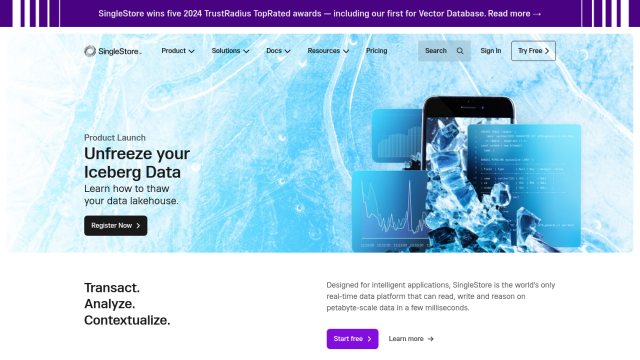
SingleStore
Another good option is SingleStore, a real-time data platform that unifies transactional and analytical data in one engine. It can ingest streaming data at high throughput and respond to queries in milliseconds. SingleStore offers read replicas for separate compute scaling and supports multiple data models. Its pricing is based on usage, with a free tier and enterprise plans, so it's good for applications that need to scale and be highly available, such as real-time analytics and SaaS companies.

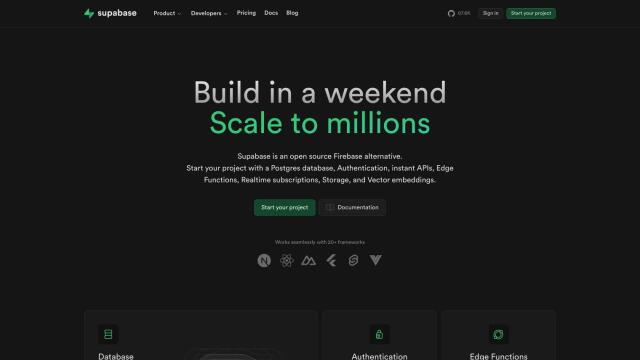
Supabase
Supabase is also worth a look, an open-source Firebase alternative with a Postgres database, user authentication, instant APIs and real-time subscriptions. It includes point-in-time recovery and read replicas, so it's good for high availability and disaster recovery. Supabase supports many frameworks and has a flexible pricing model, including a free tier and several paid plans.

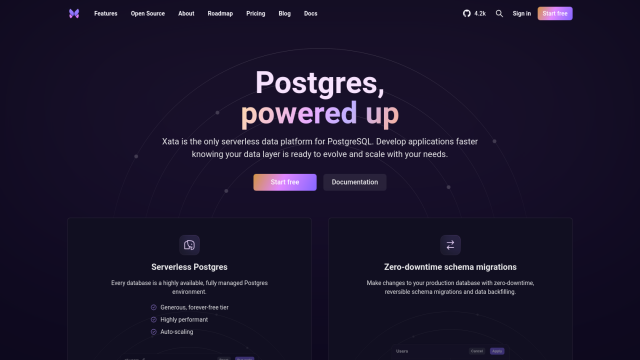
Xata
Last, Xata is a serverless data platform based on PostgreSQL designed to be easily integrated into developers' existing workflows. It offers serverless Postgres, zero-downtime schema migrations, file storage, branching and support for several frameworks. Xata's free tier offers high availability and generous storage, too, so it's a good option for scalable and highly available applications.

